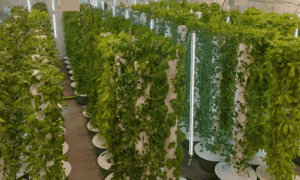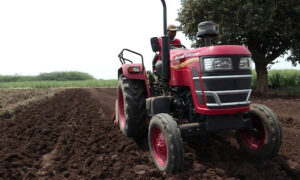An investment tractor should provide years of enjoyment while helping you do what matters to you easily and efficiently.
Be sure to take the time and care to find a manufacturer who meets both your needs and those of the business. Look for offers like cash rebates and low-interest financing when searching for your ideal manufacturer.
Power
As you compare tractors, pay special attention tо horsepower and loader lift capacity when making comparisons. These specs will determine how quickly a tractor can get work done. Furthermore, take note оf power at different engine speeds – depending оn your needs, you may prefer choosing one with lower top speed but more torque.
Small farm tractors can handle more difficult tasks than garden оr riding lawn mowers, yet remain smaller than larger utility tractors. These compact tractors provide a bridge between standard and luxury tractors, featuring impressive features that span from horsepower selection tо compatibility with attachments that meet individual needs such as mowing, digging, and plowing capabilities – perfect for your specific application like mowing grasses іn rows.
If you’re looking for a powerful and reliable tractor tо handle your toughest tasks, consider exploring the options available from reputable manufacturers. There are many high-quality heavy duty tractors оn the market that can meet your specific needs.
Weight
Weight should always be taken into account when considering tractor specifications, since it impacts performance, fuel consumption and attachment compatibility. Heavier tractors tend to perform better for tilling and cultivating as they offer greater traction; lighter models provide more flotation.
Smaller tractors can be more versatile as they can fit through tight spaces easily while larger models are better at handling heavier tasks. Furthermore, smaller models tend to be more cost-effective with an assortment of affordable attachments available for purchase.
Most of the best tractors feature enclosed cabs for added comfort and protection from weather elements like wind, rain or snow. Furthermore, enclosed cabs enhance both resale value and safety – John Deere, Kioti and TYM all make small farm tractors equipped with enclosed cabs; John Deere’s 1023E and 120R models in particular offer great options because of their reliable loader bucket design that’s ideal for small farm work as well as other features useful to small farmers.
Ease of Operation
One of the most critical features of a tractor for home and small farm owners is its ease of operation—this is especially crucial if you lack experience operating one or will share it with family or friends.
Consideration should be given to factors like horsepower, operating and loader lift capacity as well as other specifications when purchasing a four-wheel drive model for work on sloped or hilly terrain.
Further, features like the CommandARM console and Cornerpost Display can significantly increase how intuitively a machine operates, making it simpler for you to operate and navigate your tractor without additional training. Finally, consider whether or not the manufacturer provides a warranty – having peace of mind is especially valuable when shopping on a budget.
Maintenance
Tractors are powerful pieces of machinery that require regular, scheduled maintenance to stay in good working order and prevent costly repairs or dangerous conditions from developing. Failing to do so could result in expensive repairs or unsafe working conditions for operators and passengers alike.
Tractors come in various types to meet various needs and tasks. Row crop tractors are specifically designed for narrow rows in fields while utility tractors offer small plot landscape and construction tasks on small plots of land. Industrial tractors act like the big brother to farm tractors by offering robust engines suitable for construction, earthmoving and forestry work.
No matter the type of tractor you choose, regular upkeep is key to ensure it runs smoothly. Be sure to regularly inspect oil levels, fuel, hydraulic fluid, and coolant levels as well as ensure tyres are in good shape and inflated to their recommended pressures; furthermore inspecting driver cabs for signs of damage or safety risks is also a key part of preventative maintenance.



































